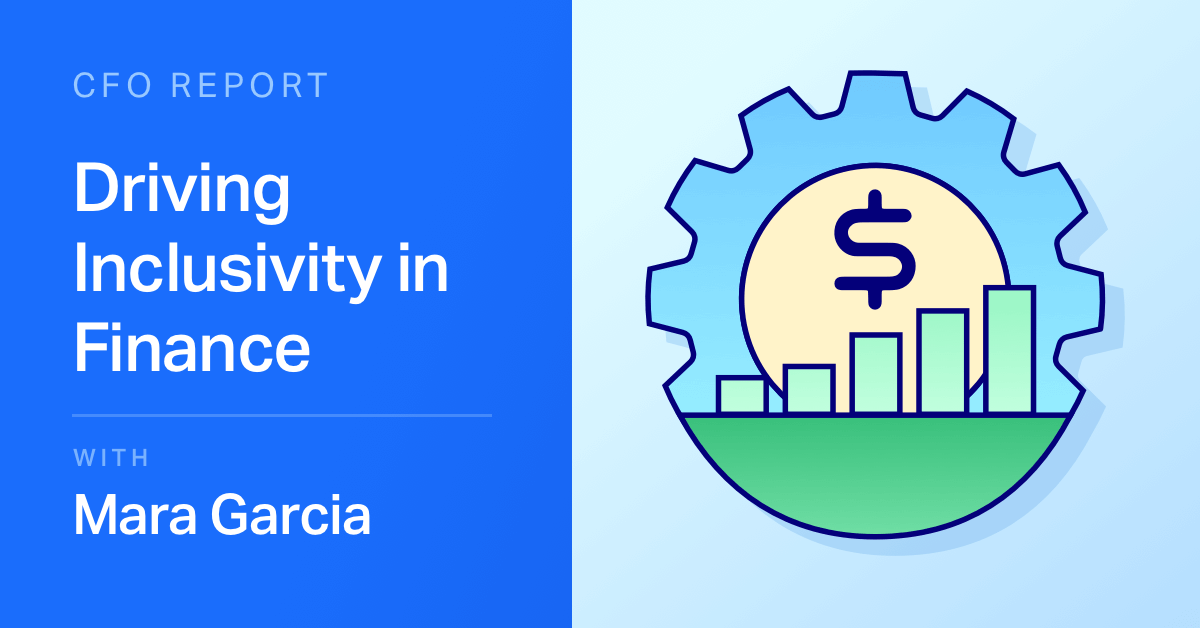When Lilit Davtyan joined digital marketing network Zero Parallel as the sixth hire, she recalls joking with a colleague that her position was that of a “glorified bookkeeper.” Then a fledgling startup, the company was only a few months old and had few accounts. But the business soon exploded, achieving $100 million in revenue within about two years, and Davtyan’s responsibilities grew along with it.
Fast forward about four years, and she’s CFO and Executive Vice President of Phonexa, a global performance marketing SaaS platform that was spun off from Zero Parallel’s original proprietary technology, and now oversees several verticals spanning telecommunications, insurance, lending, and more. She also created custom software that helps Phonexa’s clients process invoices and payments across its network, and sits at the core of the fast-growing company’s operations.
“People think of CFOs as people who can be classified as experts in finances and reporting, but I‘ve structured my role as the place that connects with all of the departments,” said Davtyan. “The key to a successful finance department in an organization is understanding all aspects of the business, which is why I consistently meet with HR, legal, marketing and technical departments – the information and realization I gather from such meetings are used in strategic discussions and planning that takes place at least weekly with our company founder and other C-level executives.”
In any given week, Davtyan will pivot from managing staff to setting strategy and all order of tasks in between: “What I love about my job is that every day is very different,” she added.
Working at a fast-paced technology company also calls for creative problem solving in addition to the modeling and forecasting that finance leaders execute. For Davtyan, who studied accounting and business taxation before landing a job at PricewaterhouseCoopers, early exposure to research and development sparked an interest in software.
“At PwC, I was specializing in research and development tax credits. What that means is you interview genius people in different companies– manufacturing, technology – and hear why they build what they do and what it takes to actually build it,” she recalled. “There's so much work, so much talent, so much creativity involved in it. And it was fascinating to me.”
Not long after, Davtyan decided to take a leap of faith in leaving a Big 4 firm to join a small startup, which later developed into a group of 10 startups. The combination of accounting skills and innovation resonated: This is where Davtyan wound up working with a skilled developer to build a program for Phonexa’s clients that automates nearly the entire function of invoicing and payment solutions.
“People working in advertising, lead generation or other performance marketing fields understand the importance of having external sources to generate leads and making sure there are enough buyers lined up to purchase those leads, in real time. Depending on the size of the company, keeping track of such potentially large volumes of transactions can be cumbersome and prone to human error. Which is why Phonexa’s Books360 platform was created and now helps its clients automate the process of invoicing and paying these stakeholders error-free.”
The future of finance and accounting roles may look a lot like Davtyan’s. The COVID-19 pandemic accelerated adoption of finance tech as companies scrambled to manage changing business environments, all while largely relying on cloud-based software. Automation software, which can take time-consuming tasks out of common accounting functions like payments and supply chain transactions, is quickly becoming a must-have within finance teams.
It’s unlikely that one unified piece of software will take over finance functions anytime soon, in part because finance and accounting require such a high level of precision. You always need a “second pair of eyes,” she added.
“When it comes to accounting, there's so much technology out there that does a really good job at one specific function. For example, the technology we built on the accounting side, it’s integrated with everything you can think of: Quickbooks, payment processors, etc.”
Finance teams shouldn’t be afraid to lean on automation as much as possible, Davtyan said: It doesn’t undermine expertise; it enhances it.
“Accounting is never going to go away as far as expertise goes, because somebody still has to be there to read all of that info translated into taxes, audits, strategies, projections, and projects,” she added. “The manual work itself is going to go away.”



-1.webp?width=620&height=620&name=Lilit_cover%20(1)-1.webp)


